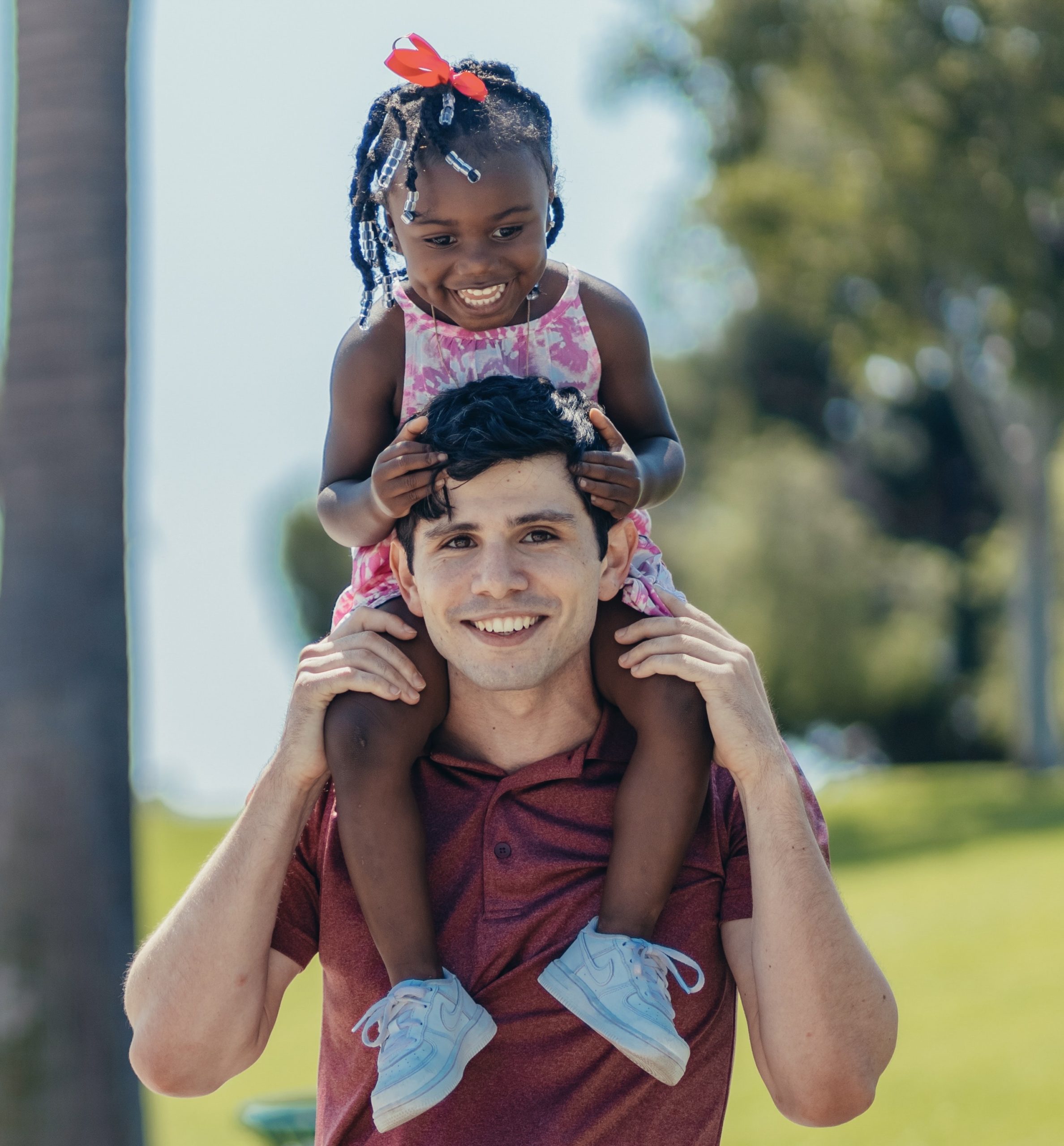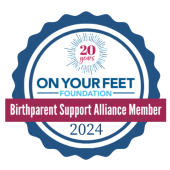9 Questions to Ask Yourself When Considering Adopting Transracially

When parents decide to grow their family through adoption, they are asked about what characteristics they are open to. This often includes age, health, and race or ethnicity of the child among other categories. Some may initially say, “I would love any child, so I am open to everything.” While the intention behind that statement is positive, as adoption professionals, we know it is important for parents to think beyond their ability to love a child. Adoptive parents must also think about what their child’s needs will be and if they are equipped to meet those needs, especially when it comes to trans-racial/cultural adoption,
When considering adopting a child of a different race or ethnicity, prospective adoptive parents should ask themselves these important questions:
- Do you live in a diverse community where your child will be surrounded by people that look like them? Children can feel isolated when they have a different background from their family, friends, and community. They may feel that something about them is wrong or bad because they don’t see it represented in anyone else. Being around others that resemble them can help your child feel a sense of belonging and comfort in addition to encouraging a positive view of themselves.
- Are your family members and friends supportive of transracial adoption? The people you surround yourself with will likely be a big part of your child’s life. Adoptive families need to be certain that those people are accepting and supportive of their child.
- Is there anyone in your family or social circle you feel you may need to educate? Adoptive parents undergo a lot of training about transracial adoption and how to be supportive to their child. It’s important that their friends and family who will be in their child’s life also understand how their actions and words can impact the child. If there are people who may be insensitive, inappropriate, or harmful, adoptive parents need to consider how to navigate those relationships in order to best protect their child.
- Have you thought about how your child may feel if they are the only person in the family who looks different? As we mentioned earlier, feeling like the “odd one out” can be very hard for a child. Adoptive families should reflect on what their own families look like and how that may impact their child. This might mean finding additional ways to help your child feel connected. Many families seek out mentoring programs, camps, cultural events, and other groups that are representative of their child’s background so that their child has a community of people that look like them.
- Have you considered how your child’s experiences will be different from your own because they are of a different race? It is a sad reality that in today’s world, people often have very different experiences based on their perceived race and ethnicity. As adoptive parents, you can’t assume that others will treat your child the same way you were treated.
- Have you considered how being adopted and having parents that do not look like them will add another layer of complexity to this? As many adoptive families learn, people may often feel inclined to ask questions or pry when they see that your child does not look like you. Sometimes these comments are negative and other times they’re simply out of curiosity, but either way it may be challenging for your child because it makes them feel different. It’s important for adoptive families to consider how to handle this and the impact these comments can have on their child.
- Have you considered how being adopted and having parents that do not look like them will add another layer of complexity to this? As many adoptive families learn, people may often feel inclined to ask questions or pry when they see that your child does not look like you. Sometimes these comments are negative and other times they’re simply out of curiosity, but either way it may be challenging for your child because it makes them feel different. It’s important for adoptive families to consider how to handle this and the impact these comments can have on their child.
- Have you thought about how you may instill pride in your child for their race, culture, and ethnicity? Connection to culture is a big part of trans-racial/cultural adoption. Without this connection, adoptees may feel like they don’t belong or are not truly a part of their culture. It’s the responsibility of the adoptive parents to give their child the opportunity and ability to learn about their heritage.
- Are you willing to continuously educate yourself about transracial adoption and how to best support your child? Education does not stop once you’ve adopted. There will always be more to learn especially when it comes to transracial adoption. Families who are open to adopting a child of a different race need to be committed to becoming lifelong learners.
It is important for adoptive families to think critically about what it means to adopt a child of a different race so that they may be equipped to meet all of their child’s needs. These questions just begin to scratch the surface of trans-racial/cultural adoption and there will always be more for families to learn. For more of our blog posts on trans-racial/cultural adoption, click here. You can also visit our Adoption Education tab even more information about transracial/cultural adoption.





